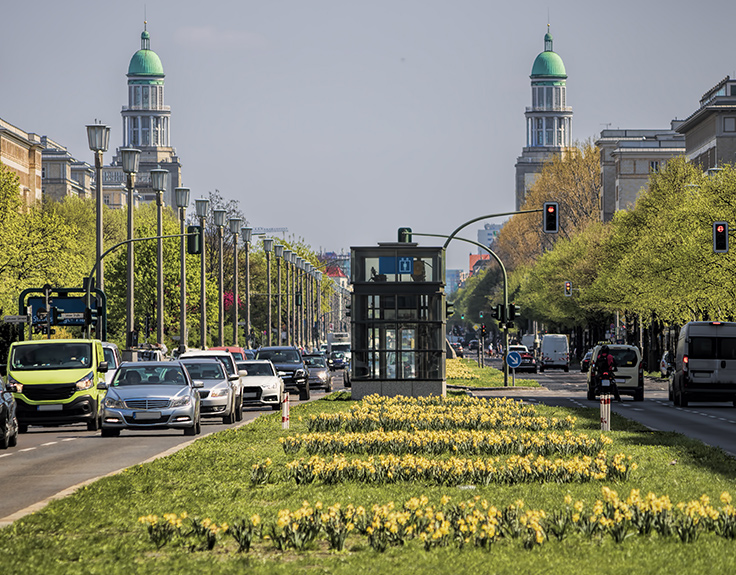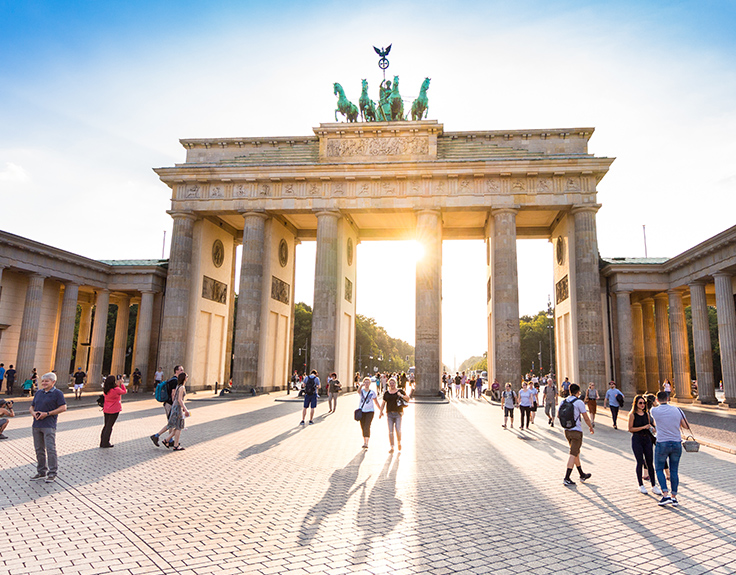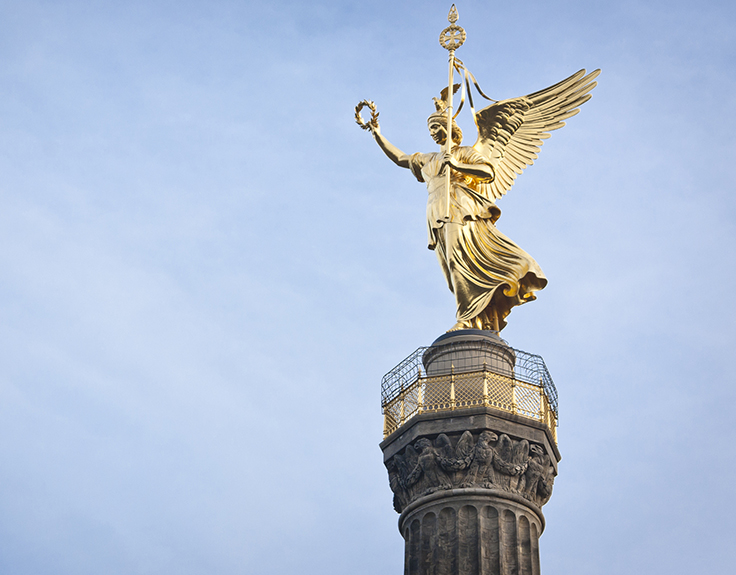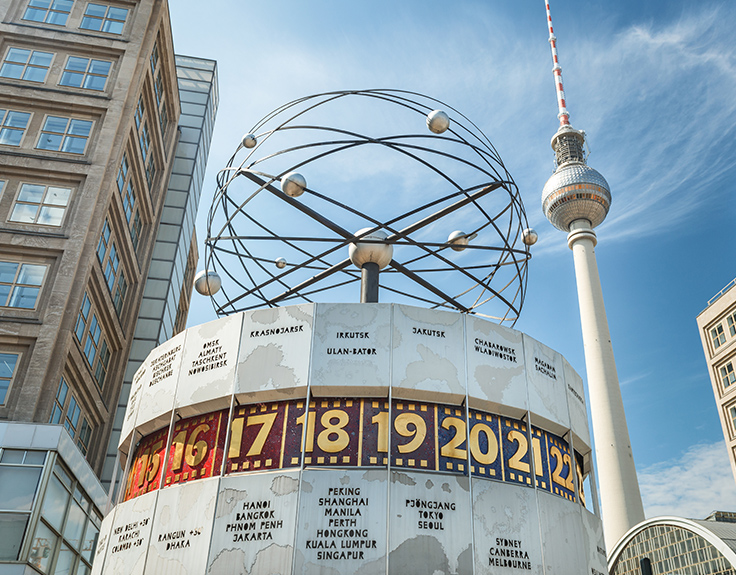The Parliament Building
The Reichstag in Berlin, or Parliament Building, is a symbol of Germany’s past, present and future. One of the most significant buildings in the city, it has witnessed the dark history of Berlin and has withstood destruction twice over. Each time coming back stronger and today stands as an architectural wonder.
Take the tour
Tours of the Reichstag dome are free. You can enjoy the panoramic views around you while standing in the spot where Germany’s most important decisions are made and the country’s history is written. Even listen in on a plenary session – in German on course. Be sure to secure your spot a few days in advance as it can get busy during peak seasons. You can easily incorporate this into your sightseeing itinerary as our Berlin bus tour stops rights outside.
The design
The Reichstag in Berlin is modelled on the Memorial Hall in Philadelphia. It is decorated with motifs, sculptures and mosaics by artist Otto Lessing. The glass dome was later added to symbolise the reunification of Germany, making it a prominent landmark of the city.
Its battle to survive
The Reichstag in Berlin has suffered many incidents of destruction over the years. It originally opened in 1894 and housed the Diet. In 1933, it suffered severe damage due to a great fire, the origin of which is still unknown. During World War II, still not recovered from the fire, the building was ruined further by air raids. Then in the Battle of Berlin in 1945, it became one of the central targets for the Red Army to capture due to its symbolic significance. The Reichstag fell into disuse and wasn’t restored for safety until the 1960s. Full refurbishment was carried out after the German reunification in October 1990. Today it is once again the meeting place for the German parliament.
Other interesting facts about the Reichstag in Berlin
- Some believe the fire of 1933 was in fact orchestrated by the Nazis to enable Hitler to step up his state security.
- The Dome symbolises that the people are above the government, not the other way around like during the times of National Socialism.






